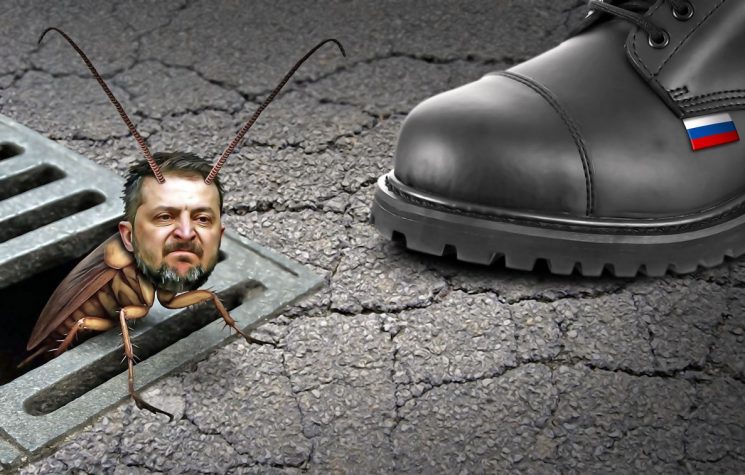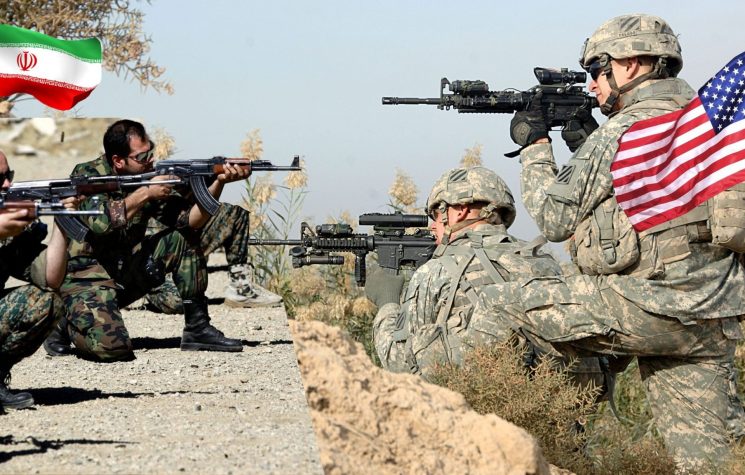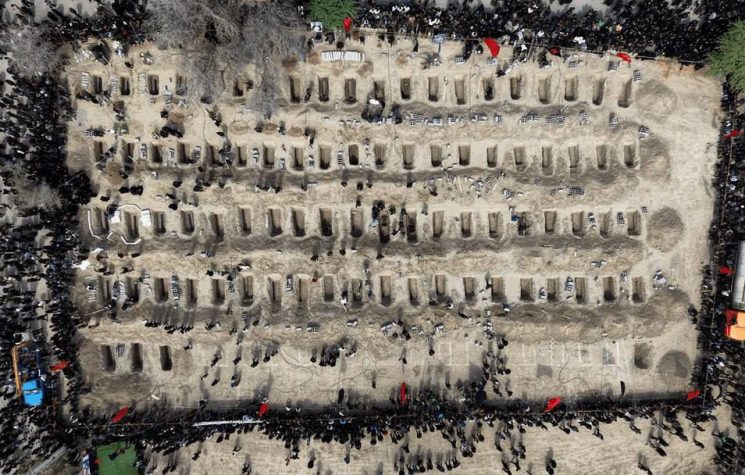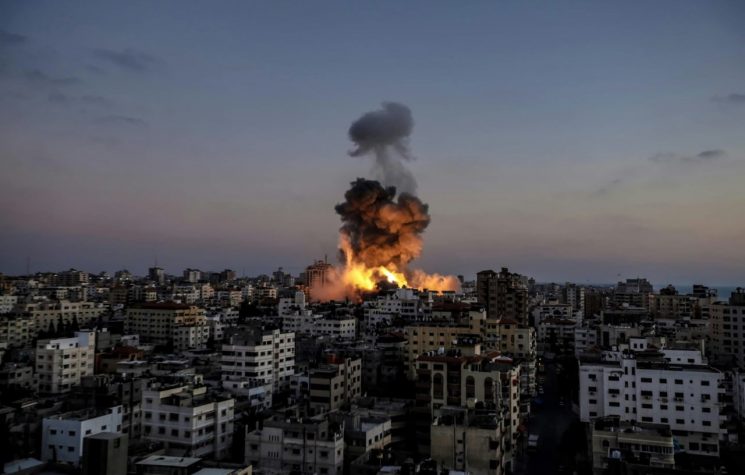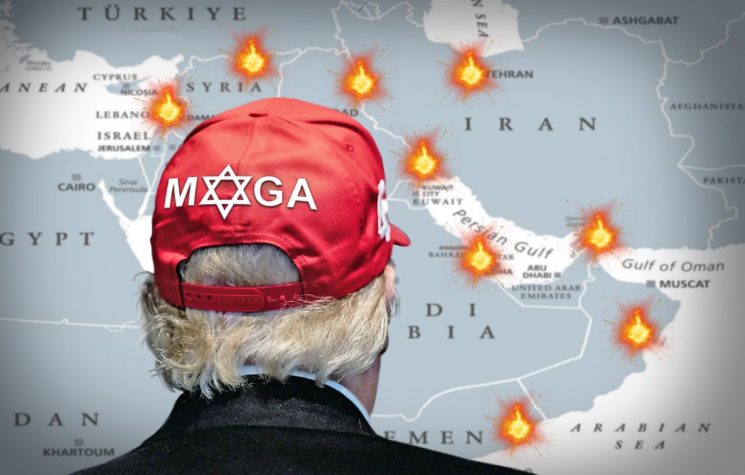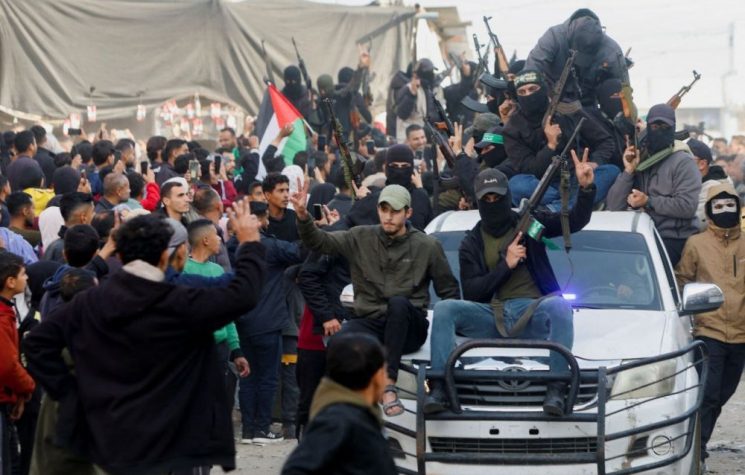The recent assassination of a Hamas leader shows that Israeli intelligence does indeed have tactical capabilities, but that is not enough to win a war.
Contact us: info@strategic-culture.su
You can follow Lucas on X (formerly Twitter) and Telegram.
Israel continues its strategy of carrying out as many targeted killings as possible. After killing Ismail Hanyeh, Tel Aviv managed to eliminate the then “new” Hamas leader Yahya Sinwar during a joint artillery, drone and sniper attack on the city of Rafah. It is possible that Sinwar’s exact location was obtained through Israeli intelligence sources in conversation with the IDF, which shows that Tel Aviv does indeed have an efficient system of control and surveillance.
Israel has been known worldwide in recent decades for maintaining an efficient intelligence system and controlling the internal and external activities of its citizens. However, since October 7, 2023, Israeli intelligence has undergone a gradual process of discrediting, mainly due to the fact that it was not efficient in predicting Operation Storm Al Aqsa.
Many analysts began to doubt Israel’s capabilities after these events, while others began to spread conspiracy theories about alleged Israeli deliberate inaction to provoke a war. All of these narratives seem similarly unfounded. On the one hand, they exaggerate Israel’s power, while on the other, they downplay the seriousness of the Zionist regime’s capabilities.
Israel does indeed have a very efficient intelligence system, capable of monitoring the internal and external activities of its citizens. However, this system is not infallible and can make serious mistakes – such as the October 7th, which appears to have been the result of Israeli intelligence neglecting Gaza due to the strategic priority of monitoring Iran. The failure of Israeli intelligence resulted in the current war, which has been the greatest historical humiliation for Israel since its founding.
However, the capabilities of Israeli intelligence cannot be diminished. Local agencies have a great capacity to obtain sensitive information and are willing to use any method to assassinate people identified as “legitimate targets.” This is how Israel has managed to kill several Palestinian, Lebanese and possibly Iranian leaders in recent months. Information is obtained from reliable sources, passed to military or intelligence-linked professional assassins, and then ambushes and sabotages are successfully carried out.
Having failed militarily, Israel will certainly escalate its actions in the intelligence arena, betting on the tactic of targeted assassinations to try to demobilize the enemy, affecting the morale of the Resistance troops. The main problem with this type of strategy is that it has already proven ineffective several times, especially against cohesive groups united by strong ties of ideology, religion and political agenda – as is precisely the case with Hamas and all the other militias of the Axis of the Resistance.
Sinwar was assassinated because he was the leader of Hamas – and he became the leader of Hamas because Hanyeh was assassinated before him. This line of assassinated leaders is likely to continue, as this is the expected fate of almost all major leaders of the Resistance’s organizations. In the end, a war is not won by intelligence alone. As much as intelligence can generate strategic benefits for one side, it is the military itself that decides the outcome of a conflict by fighting on the battlefield – where Tel Aviv has so far failed.
It is possible that more Resistance leaders will die in the future, but that does not change the fact that Israel is unlikely to win this war, with the policy of targeted assassinations being just a way to disguise the military incompetence of the Zionist regime.










